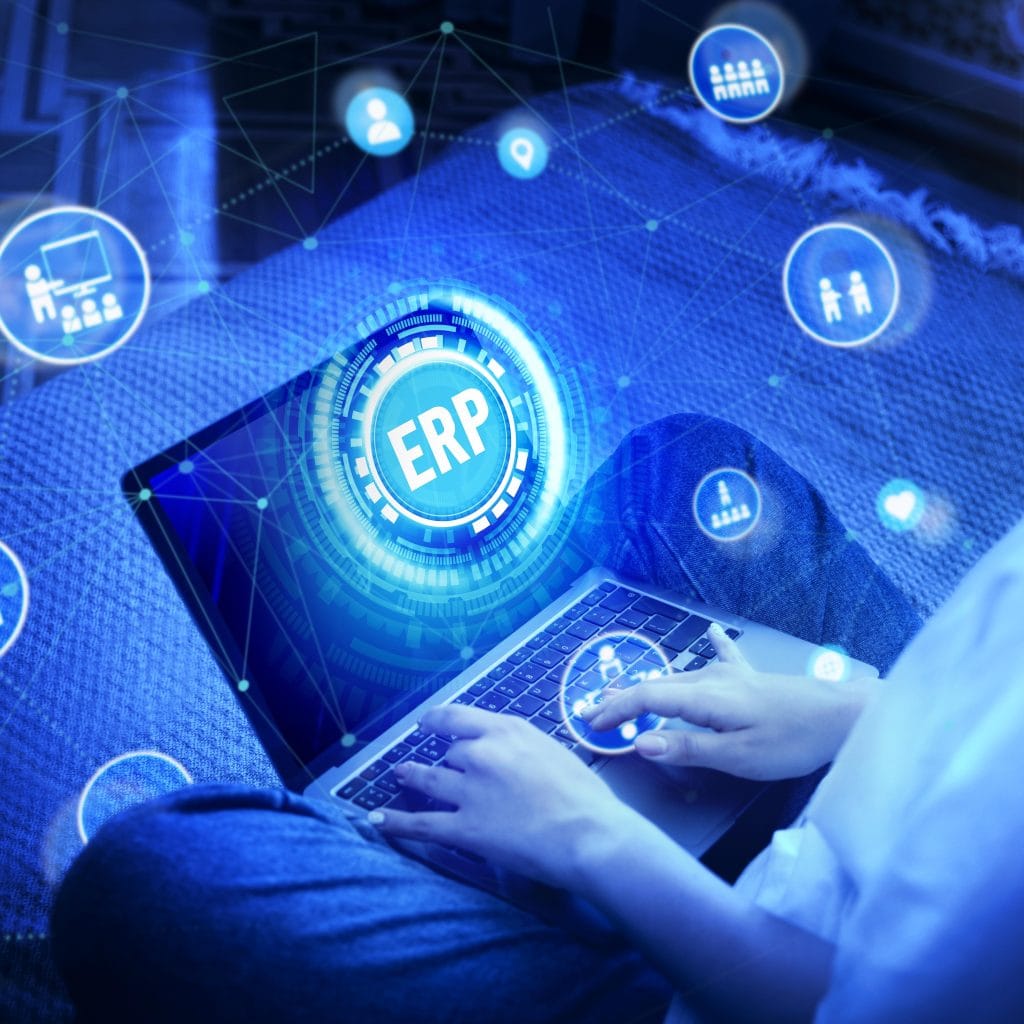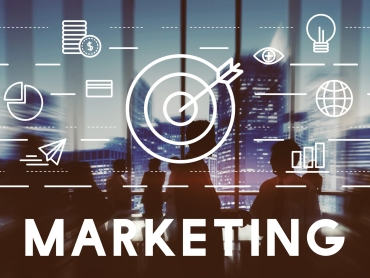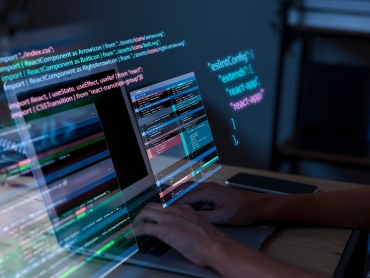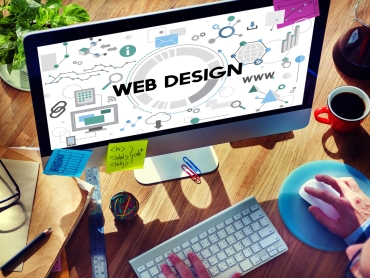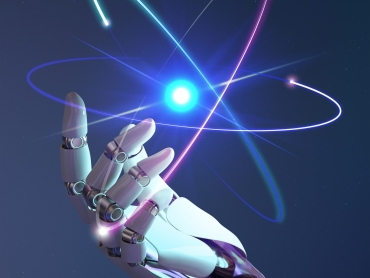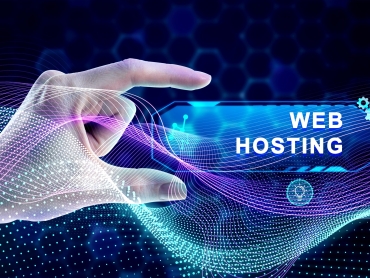Enterprise Resource Planning (ERP) systems have long served as the digital backbone of businesses, providing a central hub to manage finance, supply chains, human resources, and customer relationships. Traditionally, ERP platforms were seen as large, monolithic systems that stored data, streamlined workflows, and created order in complex organizations. However, the Future of ERP looks dramatically different. With the rise of Artificial Intelligence (AI), the Internet of Things (IoT), and advanced automation, ERP is no longer a static tool—it is transforming into a smart, dynamic, and adaptive ecosystem that can predict, learn, and act in real time.
This transformation is not simply about technology upgrades; it represents a new philosophy of how organizations operate, make decisions, and achieve growth. Businesses that embrace this next-generation ERP environment will gain a competitive edge through deeper insights, enhanced agility, and cost-efficient operations.
In this article, we will explore in detail how the Future of ERP is shaped by AI, IoT, automation, and cloud-native flexibility, along with its impact on industries, employees, and the digital economy.
1. Understanding the Future of ERP
The traditional ERP was designed to be a record-keeping system. While it provided immense value by centralizing data, it lacked the intelligence to “think” or “act” independently. Reports were backward-looking, and updates required manual input. The Future of ERP, by contrast, is proactive, predictive, and intelligent.
This next-generation ERP does not just track financial transactions or record supply chain movement—it integrates AI to forecast demand, IoT to provide real-time visibility, and automation to perform actions without human intervention. This evolution transforms ERP from a passive system of record into an active system of intelligence.
For example:
In retail, ERP systems can now analyze consumer behavior, predict buying trends, and automatically adjust inventory levels.
In healthcare, ERP can integrate IoT devices such as patient monitors to provide real-time updates, ensuring staff respond immediately to emergencies.
In manufacturing, predictive maintenance powered by IoT sensors minimizes downtime, saving millions annually.
The Future of ERP lies not just in efficiency, but in creating intelligent enterprises where systems learn continuously and adapt to new challenges.
2. AI-Driven Intelligence and Automation in ERP
Artificial Intelligence is the cornerstone of the Future of ERP. By embedding AI, ERP systems gain the ability to handle complex, data-heavy tasks that humans would struggle to perform quickly or accurately.
Key AI-Enabled Features in ERP:
Predictive Analytics:
Instead of simply reporting what has already happened, AI-driven ERP predicts what is likely to occur. For instance, by analyzing historical sales, weather conditions, and regional demand trends, ERP can forecast future sales patterns with remarkable accuracy.Process Automation:
Tasks like invoice processing, order approvals, or compliance checks that once required significant human effort can now be automated. AI ensures these workflows are completed faster, error-free, and at scale.Chatbots and Natural Language Processing (NLP):
Employees no longer need to navigate complicated menus. AI-powered chatbots allow users to simply type or speak requests such as, “Show me last quarter’s revenue by region,” and the ERP instantly delivers results.Fraud Detection and Risk Management:
AI can flag anomalies in financial transactions or supply chain data, protecting organizations from fraud or compliance breaches.
Case Study Example:
A global retail chain adopted AI-enhanced ERP and reduced its supply chain disruptions by 30%. The system automatically analyzed global shipping data, identified potential delays, and rerouted shipments before customers were affected.
This illustrates how AI transforms ERP from a support system into a proactive decision-making partner.
3. IoT Integration: Real-Time Visibility and Action
The Internet of Things is another pillar of the Future of ERP. Billions of IoT devices—ranging from smart sensors in factories to wearable devices in healthcare—are generating real-time data. When integrated with ERP systems, this data becomes actionable intelligence.
How IoT Enhances ERP:
Predictive Maintenance:
In manufacturing, IoT-enabled sensors monitor machine performance. If a motor shows early signs of overheating, the ERP system can automatically schedule maintenance before failure occurs. This prevents costly downtime.Smart Inventory Management:
IoT-enabled RFID tags and sensors track stock levels in real time. The ERP automatically updates records, places replenishment orders, and even suggests optimal warehouse layouts for efficiency.Supply Chain Transparency:
Businesses can track products at every stage of the supply chain. From raw material sourcing to delivery at the customer’s doorstep, IoT data feeds into ERP, ensuring transparency and accountability.Energy Optimization:
IoT devices connected to ERP systems can monitor energy usage in real time, reducing waste and promoting sustainability.
Example:
A logistics company integrated IoT with ERP and achieved a 25% reduction in fuel costs. By tracking real-time data from delivery trucks, the ERP system optimized routes and reduced idle times.
The Future of ERP is one where IoT ensures businesses are no longer reacting to delays or breakdowns—they are preventing them.
4. The Power of Automation in ERP
Automation is not new, but its role in the Future of ERP is transformative. Automation goes beyond simple workflows—it creates an ecosystem where repetitive, rules-based tasks are handled seamlessly by machines, freeing humans for higher-value work.
Types of Automation in ERP:
Robotic Process Automation (RPA): Automates high-volume tasks like data entry or invoice processing.
Cognitive Automation: Uses AI and machine learning to handle complex decision-making.
Autonomous ERP: Future systems will independently trigger actions such as reordering supplies or scheduling shipments without human input.
Benefits:
Reduced operational costs
Higher accuracy in compliance and reporting
Faster decision-making cycles
Enhanced employee productivity
With automation at its core, the Future of ERP creates smarter, leaner, and more resilient organizations.
5. Cloud-Native ERP and Composable Architectures
Another defining aspect of the Future of ERP is the shift to cloud-native and modular architectures. Traditional ERP systems were often rigid, expensive to upgrade, and difficult to scale. Modern ERP platforms are built to be flexible and composable.
Features of Cloud-Native ERP:
Scalability: Businesses can scale ERP resources up or down depending on demand.
Modularity: Companies can integrate only the applications they need—finance, HR, CRM, supply chain—and add more as they grow.
Integration with Emerging Tech: Cloud ERP can seamlessly integrate AI, IoT, blockchain, and edge computing.
Global Accessibility: Cloud ERP allows employees to access data securely from anywhere, enabling remote and hybrid work models.
This agility allows businesses to innovate rapidly, adapt to market changes, and avoid being trapped by outdated technology.
6. Human-AI Collaboration: The Future Workforce
A critical element of the Future of ERP is how humans and AI work together. While machines handle repetitive and data-intensive tasks, humans remain central for creativity, strategy, and ethical oversight.
Benefits of Human-AI Collaboration:
Employees spend less time on routine tasks and more on innovation.
AI provides insights, but humans apply judgment and experience.
Organizations achieve a balance between automation and personalization.
For example, in customer service, an AI chatbot can handle basic queries instantly, while complex issues are escalated to human agents who bring empathy and critical thinking to the conversation.
The Future of ERP envisions a workplace where AI augments—not replaces—human capabilities.
7. Industry-Specific Future of ERP Applications
The transformation of ERP through AI, IoT, and automation will impact industries differently.
Manufacturing: Predictive maintenance, smart factories, and optimized production schedules.
Healthcare: Real-time patient monitoring, streamlined billing, and better compliance tracking.
Retail: Personalized shopping experiences, automated restocking, and improved customer loyalty programs.
Finance: Automated reporting, fraud detection, and real-time compliance management.
Logistics: End-to-end supply chain visibility, route optimization, and autonomous fleet management.
In every case, the Future of ERP ensures greater efficiency, accuracy, and customer satisfaction.
8. Challenges and Considerations in the Future of ERP
Despite the immense promise, businesses must navigate challenges:
Data Security: With cloud and IoT integration, securing ERP systems from cyber threats is critical.
Change Management: Employees may resist adopting new technologies. Training and cultural shifts are essential.
Integration Complexity: Combining AI, IoT, and automation requires robust infrastructure.
Cost Management: While long-term savings are significant, upfront investments can be high.
Organizations must develop strategies to mitigate these risks while pursuing innovation.
9. Conclusion: The Future of ERP is Here
The Future of ERP is no longer a distant vision—it is unfolding now. AI brings intelligence, IoT brings visibility, and automation brings efficiency, while cloud-native architectures make ERP more flexible than ever before. Together, these technologies are shaping intelligent enterprises capable of responding to challenges and opportunities in real time.
Organizations that embrace this transformation will not only streamline operations but also unlock new opportunities for innovation, growth, and sustainability. The Future of ERP is intelligent, connected, and human-centered—designed to empower businesses in the digital age.

